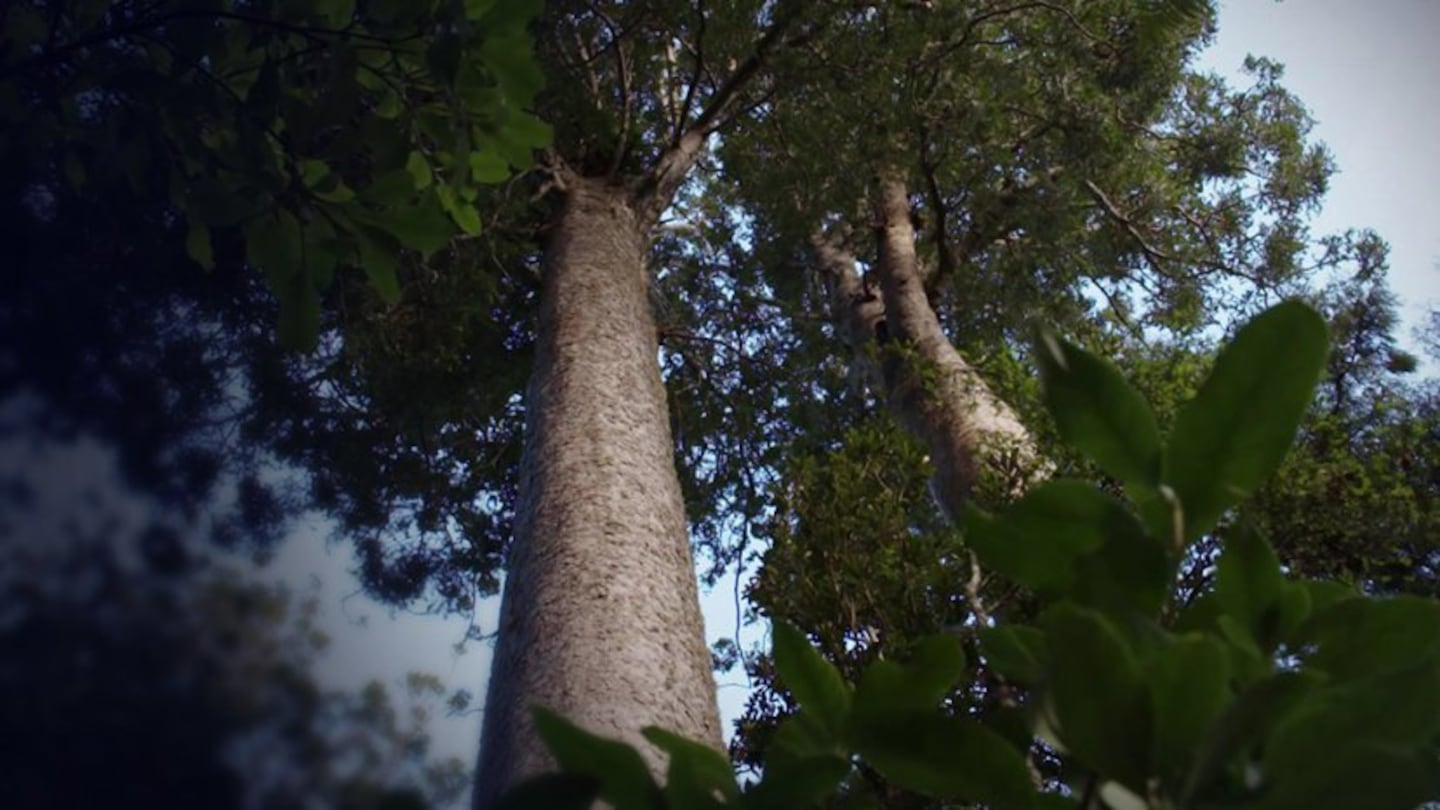The plan to tackle Kauri Dieback Disease must have Māori at the helm.
That was the call of Te Kawerau a-Maki following the announcement of $32m in government funding to protect Kauri.
The new National Pest Management Plan for Kauri, named Tiakina Kauri, aims to reduce the prevalence of the disease, with collaboration and partnership the cornerstones of the plan.
Central government has been slow to the party, with Te Kawerau a Maki and Auckland Council leading the fight in the Waitākere Ranges, known to Māori as Te Waonui a-Tiriwā.
Iwi spokesperson Rewi Spraggon says, "Iwi must lead, not the government or the council."
According to a recent survey undertaken by Auckland Council, over 2,100 Kauri are found in the Waitākere Ranges, which is almost 16,000ha, and, while the number of infected trees in Waitākere is unclear, Associate Environment Minister (Biodiversity) James Shaw says saving the infected trees is of utmost importance.
"Iwi must lead, not the government or the council."
Hopes for a cure
"Obviously we would say the loss of any Kauri is unacceptable, and so, whilst we are not going to be able to preserve all of them, we want to make sure that not only do we save every tree that we can, but we also solve this challenge, so that future generations of Kauri can come through free of that risk."
"Tiakina Kauri is a partnership between mana whenua, local councils, and central government in the form of Biosecurity New Zealand to protect Kauri now and into the future."
In 2018, Te Kawerau a-Maki placed a rāhui on Waitākere to stop the spread of the disease. Spraggon says that as long as Kauri Dieback is in the Waitākere Ranges, the rāhui will remain.
"When we see the health of the tree return, then we may lift the rāhui, but we just don't know whether they will survive."
One way of detecting Kauri Dieback is through the use of trained sniffer dogs.
Shaw says the end goal is to come up with a cure for Kauri Dieback, which there isn't yet.
"This, ultimately, is going to be solved through science. We don't have a science-based solution yet but we are working on it."



